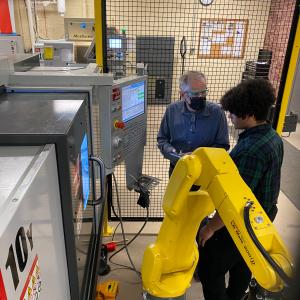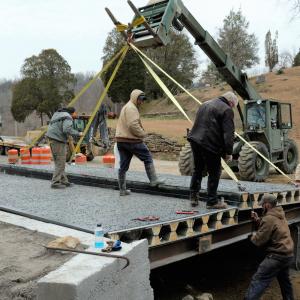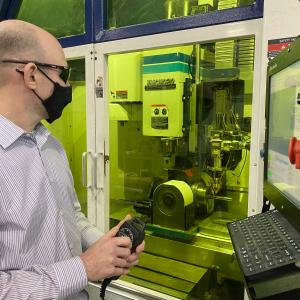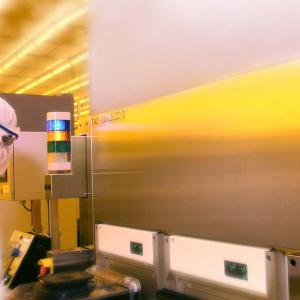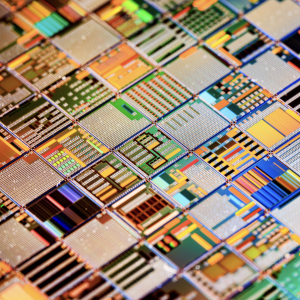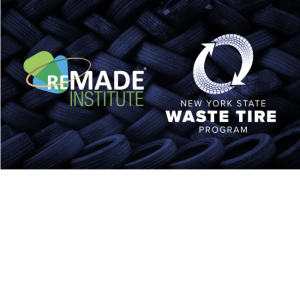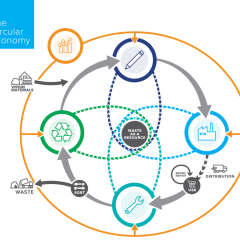Advanced Manufacturing Plays a Role in Building a Sustainable Future
Producing clean energy and using energy as efficiently as possible are both critical to reducing pollutants, slowing climate change, and reducing dependence on foreign energy. Energy efficiency is especially important to an energy-intensive industry like manufacturing.
New clean energy technologies will:
- Reduce manufacturing energy costs
- Increase global competitiveness in emerging clean-energy industries
- Provide the basis for innovative new green products
- Improve sustainability
- Create jobs for current and next-generation workers
In close collaboration with industry, academia, and government, the 18 manufacturing innovation institutes in the Manufacturing USA network are developing next-generation digital and other innovative technologies to reduce energy use and decrease emissions.

The institutes are working to deploy technological capabilities in new ways that enhance sustainability and enable the industrial sector to reduce reliance on scarce resources. A few examples include:
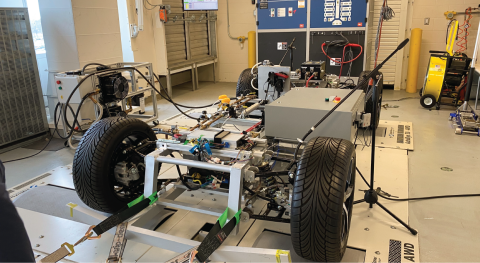
REMADE and its partners are using AI to help sort aluminum in the recycling process more efficiently. This will be important to multiple industry sectors, including the automotive sector as it transitions to electric vehicles.
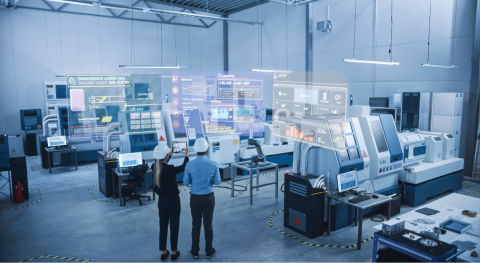
CESMII’s Smart Manufacturing Interoperability Platform (SMIP) is a “plug and play” system for all of industry. It allows equipment to interact more widely and not be locked into a particular vendor. This work is vital for changing the paradigm to reduce energy consumption for all manufacturers.
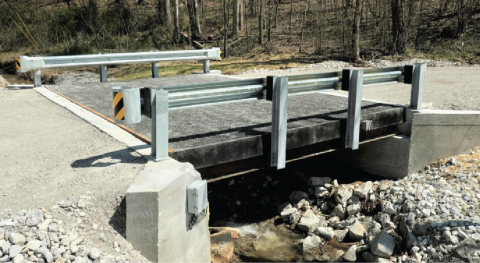
IACMI and its partners developed and installed a lightweight fiber-reinforced polymer composite material bridge deck embedded with fiber optic sensors. The bridge deck system requires less installation time, reduces energy costs during construction, and has a 100-year lifespan.
The institutes are committed to securing access to clean, cost-effective, reliable energy, which is central to the U.S. economy, job creation, sustainability, and a high quality of life.
Related Events
News
External News
On Time Edge, a leading provider of digital transformation strategies for manufacturing, has just announced that John Dyck, Chief Executive Officer of CESMII – The Smart Manufacturing Institute, will deliver the keynote address at the upcoming Manufacturing Scheduling Summit 2025, taking place November 2-4, 2025, at the Philadelphia Marriott Old...
Growing up in Pittsfield, Massachusetts, I witnessed firsthand the heartbeat of American manufacturing. I remember the hum of machines, the rhythm of assembly lines and the pride of workers crafting products that powered industries across the nation. I can still smell the oil and hear the machines in the wire-cutting electrical discharge machining...
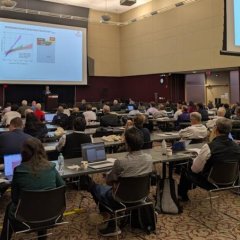
Achieving high-volume manufacturing in the U.S. is critical to maintain a competitive foothold in a volatile global marketplace. By accelerating the commercialization of next-generation silicon-carbide (SiC) and gallium-nitride (GaN) power semiconductor chips and electronics, PowerAmerica strengthens the domestic supply chain and bolsters national...
Upcoming Events
Power America's 2026 Annual Meeting
Raleigh, NC
United States
2026 REMADE Circular Economy Tech Summit & Conference
National Academy of Sciences Building
Washington, DC
United States
Opportunities
Concept Paper questions are due to PowerAmerica by 5pm EST on December 1, 2025 More Information
PowerAmerica released a new request for proposals (RFP) on research projects to further accelerate the commercialization of wide-bandgap semiconductor materials — silicon carbide (SiC) and gallium nitride (GaN) — into chips and power electronics.
The...
The REMADE Institute® , a 150+ member public-private partnership funded in part by the United States Department of Energy, issued its seventh Request for Proposals, representing up to a $6 million investment in supplemental funding for technologies that support the nation’s manufacturing competitiveness and supply chain resilience goals.
The...
EWD project proposals are requested for projects that align with the EWD Roadmap and are seeking to develop short courses that can be used to educate, train, and develop the incumbent workforce for careers in the circular economy.
PROPOSAL SUBMISSION TOPICS:Advanced Materials Separation Technologies
Design for Remanufacturing, Recycling, and/or...







